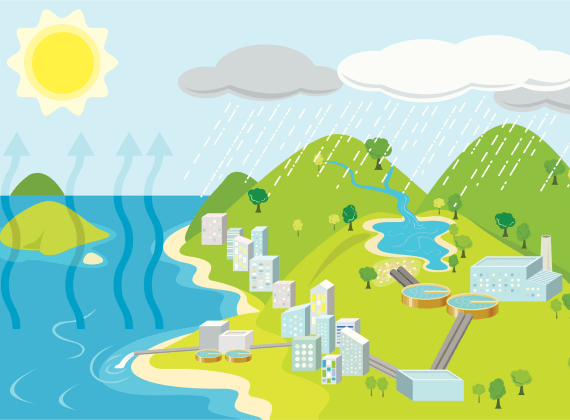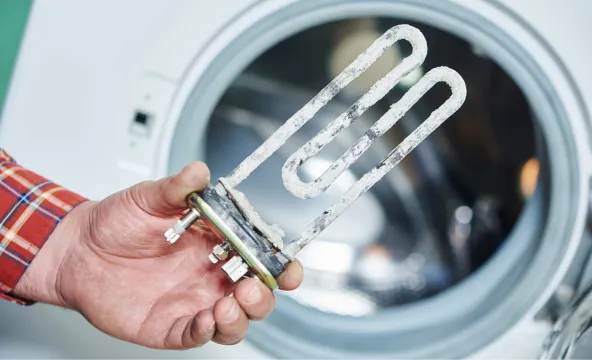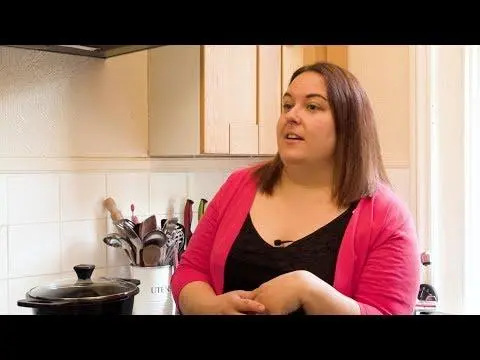How Hard Is Your Water?
Unfortunately we do not have data for your area but you could still benefit from a water softener.
Are these hard water issues familiar to you?

What is hard water?
Water begins as soft, but during its journey through the water cycle, it absorbs hard minerals like magnesium and calcium. As rainwater collects on the ground and travels through reservoirs into homes, it becomes harder.
Regions such as the South East of England and London typically experience high water hardness, while areas like Scotland, Ireland, and Wales generally have naturally soft water
Water hardness measurement of your area is the first fundamental step to identify the levels of hard water and identify possible correlations with issues are happening in your home.
What negative effects can hard water have?
Your home
It’s likely that, being in a hard water area, you see a lot of limescale in your home – in your kettle, around your taps, on your shower, etc. Limescale is a white powdery build up caused by the higher levels of magnesium and calcium present in hard water. Your hard water means you’ll need to clean more frequently to keep limescale at bay.

Your Appliances
Hard water is much less kind to your appliances and pipes than soft. This is because the increased levels of magnesium and calcium in hard water cause build ups that can reduce the effectiveness and lifespan of your pipes and appliances. With softened water you may notice how your appliances last longer and there’s less hidden limescale build up in pipes at home.

Your Bills
Harder water is likely to contribute to higher household bills because you need to use more of common household goods like shampoos and cleaning products. You’ll also find your appliances don’t last as long or perform as effectively as they do in a soft water area, meaning higher maintenance and replacement bills.

Your Skin and Hair
Your water can have a huge impact on the condition of your skin. Water in Brighton is hard which means it has higher levels of magnesium and calcium which can damage the skin’s protective barriers, leading to dryness or skin conditions. Look out for deep nourishing treatments and try using gloves when washing up. Softening your water can also help.

Your environment
Household products tend to be much less effective in hard water areas. Things like shampoos, conditioners, soaps, bubble bath products and cleaning products will all struggle to lather as they would in a soft water area and you’ll find you need to use more of them to get the same effect. This means more plastic bottles and more chemicals in your home.

Request your free personalised quote today!
Join thousands of happy customers
Very friendly and helpful
Nicholas Roberts, 25 November 2025
Order arrived within the predicted…
Mon, 24 November 2025
Excellent prompt and helpful service
Caroline Nagle, 24 November 2025
Discovered a leak under the sink.
Divyesh Patel, 24 November 2025
Great instalation so easy and installer…
Kevin Bennion, 24 November 2025
Delivered as requested in a timely…
Ian Ayres, 24 November 2025


